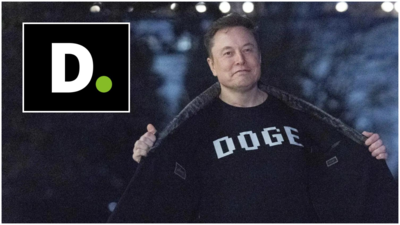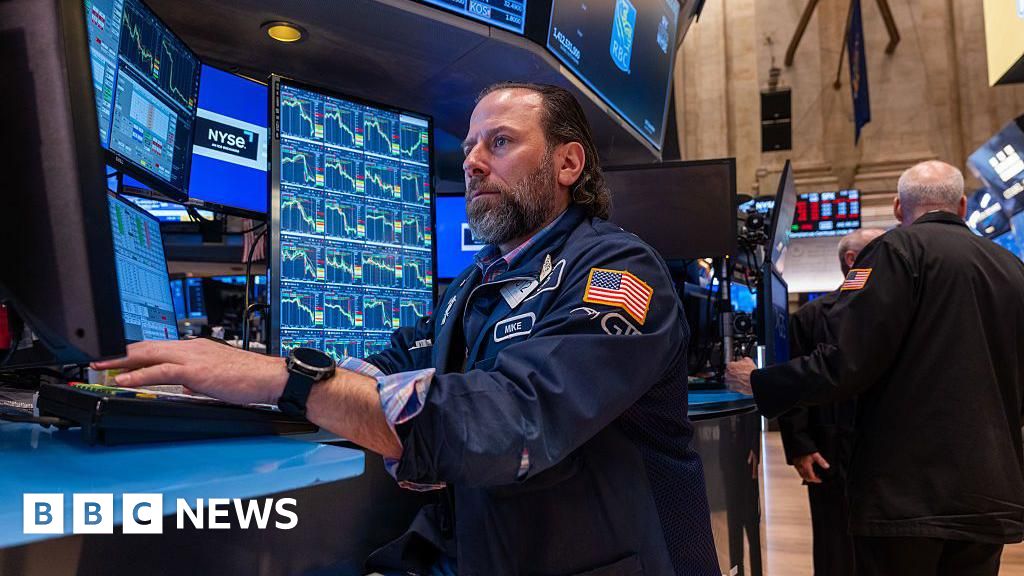
What did Elon Musk's DOGE do to Deloitte? 127 contracts worth $1.16 billion slashed
Deloitte
has been hit hardest by the Trump administration’s
consulting cuts
, with at least 124 of its
federal contracts
eliminated or modified since January, Fortune reported.
The cuts, led by Elon Musk’s department of
government efficiency
(
DOGE
), aim to reduce government spending and have resulted in an estimated $371.8 million in
taxpayer savings
.
According to Fortune, DOGE has cut or modified at least 124 Deloitte contracts since the start of Trump’s second term. These contracts were worth a total of over $1.16 billion, with terminations done worth over $371.8 million. The largest cancelled contract, valued at $51 million, was for IT services for the department of health and human services. Deloitte has faced more contract eliminations than any other consultancy, with
Booz Allen Hamilton
and
Accenture
trailing behind.
DOGE claims to have saved $140 billion overall, but Bank of America has raised concerns over exaggerated savings, as some listed contract terminations predate Trump’s tenure or ended naturally, reported The New York Times.
The cuts have impacted the private sector, as federal contracts are a major source of revenue for consulting firms. Accenture’s CEO Julie Sweet acknowledged in an earnings call that the reductions have hurt the firm’s revenue, with its Federal Services division losing $240.2 million in contracts. Following her remarks, Accenture’s stock dropped by more than 7%.
The
General Services Administration
(GSA) has asked consultancies to submit detailed reports identifying cost-cutting opportunities. “This Administration is firmly of the view that America’s private industry is our backbone… but that’s not inconsistent with right-sizing spending,” said GSA’s Josh Gruenbaum, according to Fortune.
While DOGE’s actions have largely spared the defense sector, companies like Booz Allen Hamilton, which rely heavily on Pentagon contracts, remain at risk. Analysts warn that prolonged cuts could impact innovation and economic growth, with firms taking a cautious “wait-and-see” approach.

 5 hours ago
3
5 hours ago
3










 English (US) ·
English (US) ·